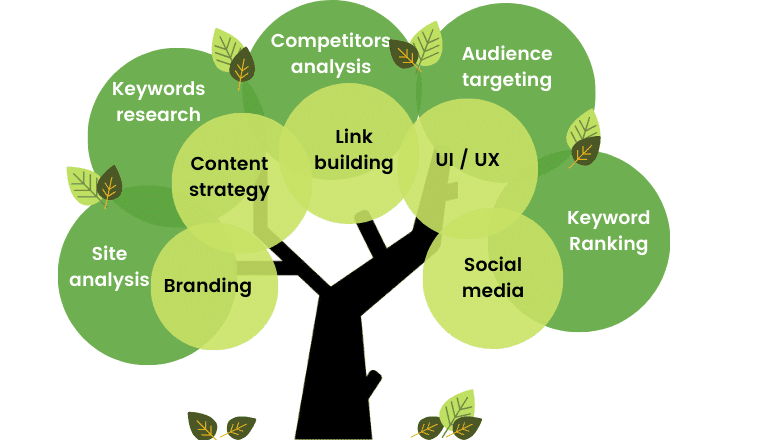'Grey skies are gonna clear up, put on a happy face'
Just like the famous lyrics suggest, if you put on a happy face you will feel a little brighter, according to a new study.
Just like the famous lyrics suggest, if you put on a happy face you will feel a little brighter, according to a new study published in Nature Human Behaviour.
Led by Stanford University, and conducted with the Florida State University and the University of South Australia, the study found that by posing our facial muscles in a smile we can feel happier.
Working with a team of international collaborators, the study assessed whether people's subjective experiences of emotion could be influenced by their facial expressions.
Collecting data from 3878 participants across 19 countries, the study found a noticeable increase in happiness from people who mimicked smiling photographs or pulled their mouth toward their ears.
UniSA researcher, Dr Fernando Marmolejo-Ramos says it's a timely finding as the world heads toward a fourth year of the COVID-19 pandemic.
"There's no doubt that the world's been struggling amid the current pandemic. While individuals naturally respond differently to adverse situations, it's encouraging to think that we can sway our emotions by simply putting on a happy face," Dr Marmolejo-Ramos says.
"The concept of being able to influence our emotions by simply moving our facial muscles has long been debated by researchers, but until now, no test or theory has been globally agreed upon.
"In this study, we assembled a team of sceptics and a team of believers (called the 'Many Smiles Collaboration') to test a mutually agreed methodology, and what we found was reliable evidence that the physical formation of a smile can produce feelings of happiness."
The study tested three well-known techniques:
1) mimicking facial expressions of actors seen in photos;
2) moving the corners of their mouths to their cheeks using only their facial muscles; and
3) using the 'pen-in-mouth' technique which moves the facial muscles in a simulated smile shape.
"Two out of three of these conditions generated noticeable increases in happiness, providing a compelling argument that human emotions are linked to muscle movements," Dr Marmolejo-Ramos says.
"But as the pen-in-mouth technique didn't achieve the same mood changes (possibly because the simulated mouth shape wasn't as representative of a smile as we thought) we can't say with absolute certainty that one always causes the other.
"Still, the evidence is strong, and knowing that we can somewhat 'fake it 'til we make it', is definitely a reassuring proposal."
Story Source:
Materials provided by University of South Australia. Note: Content may be edited for style and length.
What's Your Reaction?

















